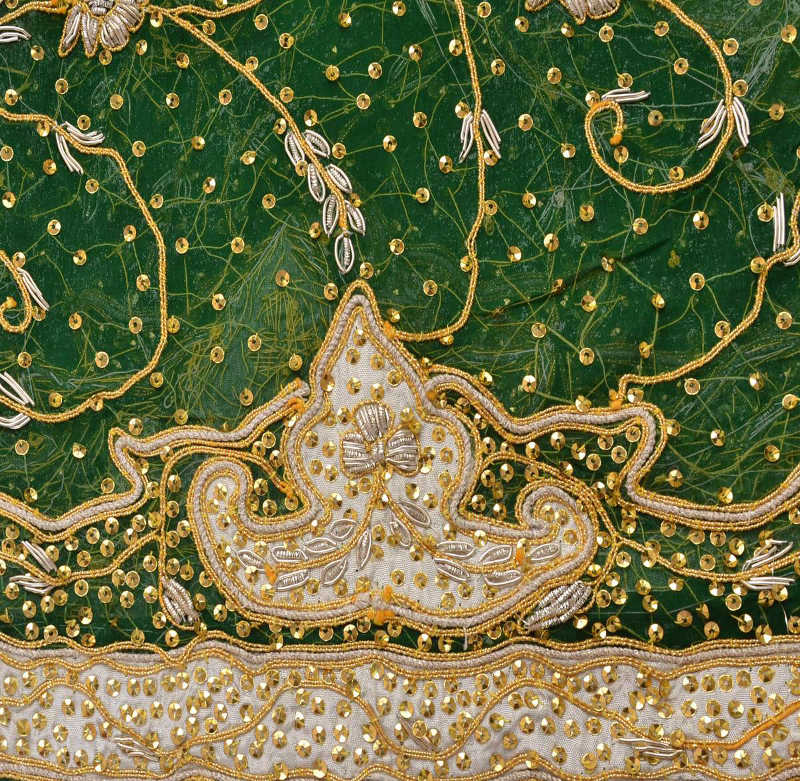===
0480,
6
===

=== |
 |
tang : 'Contracted, straitened, confined, strait, narrow, tight; wanting, scarce, scanty, stinted, barren; distressed, poor, badly off; distracted, troubled, vexed; dejected, sad, sick (at heart)'. (Platts p.340)
talat̤t̤uf : 'Favouring, showing kindness; favour, kindness, obligingness; blandishment'. (Platts p.334)
FWP:
SETS
MOTIFS
NAMES
TERMS == MASNAVI'...and if there has been a fault, let the Hand of Friendship turn aside the Whip of Calamity', Kim writes to Mahbub Ali in Kipling's famous novel. Similarly, the dast-e talat̤t̤uf is part of a set of formal Persianized idioms with which Mir enjoys playing.
The locus classicus for such idioms in Mir is the 'foot of seeking' (which has gone to sleep!):
{441,7}.
Further discussion and more examples will be found there.
Even more fundamentally, however, the gesture of putting the hand on someone's head is an archetypal form of blessing in South Asia. It is done by older and senior people to younger and junior ones. Ideally the young person bends to touch the elder person's feet, and then is intercepted about halfway down by the elder person, who places a hand on the younger person's head (which is then at a convenient height) and says some suitable words of kindness and blessing (the simplest form seems to be jīte raho , beṭe ). In the present verse, 'Love' is behaving like a well-intentioned (?) elder, and giving a blessing (?) to the lover. But of course, perhaps it's a little too much of a good thing; the speaker ruefully wishes that the hand would be lifted up off his head as soon as possible.